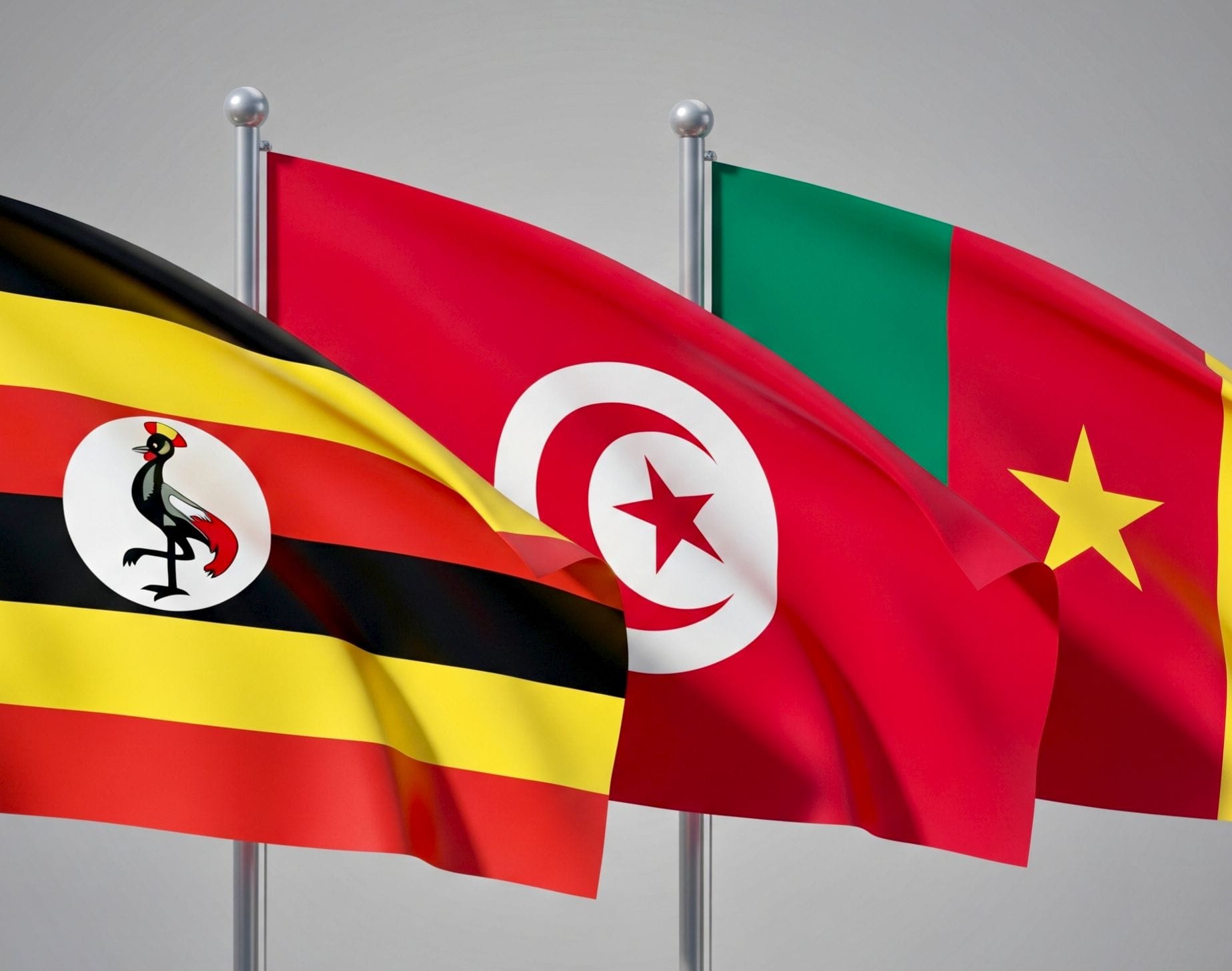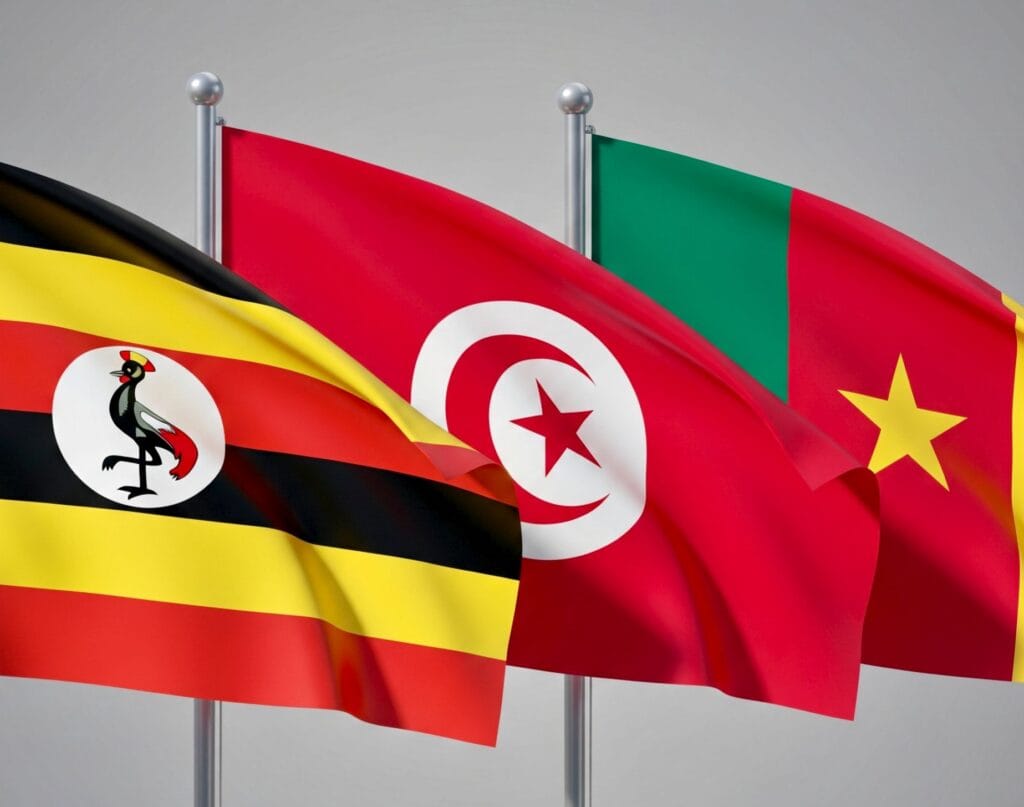
Oplus_131072
Examine the political turmoil in Cameroon, Tunisia, and Uganda. Recognize the reasons, public demonstrations, and consequences for African stability in 2025.

2025 is seeing a surge in political unrest in Africa, with Cameroon, Tunisia, and Uganda drawing the most attention from around the world. These events highlight the difficulties facing governance, stability, and public trust throughout the continent, ranging from contentious government policies and large-scale protests to constitutional disputes and leadership review.
Uganda: Controversial Deportation Policy
A contentious deportation deal with international partners was recently announced by Uganda in an effort to address security and migration issues. Although the government says the policy expedites immigration control and improves national security, detractors contend it could violate human rights and disproportionately impact vulnerable groups, such as minority communities and refugees.
Concerns have been raised by civil society organizations that the policy might cause social unrest and damage Uganda’s reputation abroad. According to political analysts, the action shows a growing conflict between Uganda’s commitments to international human rights and its domestic security priorities.
Tunisia: Rising Protests and Economic Frustration.
Due to economic hardship, rising unemployment, and discontent with government reforms, large-scale protests have broken out in Tunisia’s major cities. The public is calling for policy changes that address the growing divide between the people and the government, as well as transparency and accountability.
The demonstrations draw attention to more general economic issues facing North Africa, such as rising living expenses, energy shortages, and inflation. Security measures and reform pledges have been made by government officials in response, but many analysts caution that tensions could worsen in the absence of substantive communication.
The unrest also reflects a generational demand for greater participation in decision-making and political inclusion. Social movements and grassroots organizations are calling for peaceful dialogue and long-term solutions to prevent further instability.
Cameroon: Political Strains and Leadership Scrutiny
As President Paul Biya’s administration is scrutinized by the courts and legislature, Cameroon is experiencing growing political pressure. Concerns regarding transparency, governance, and the nation’s democratic processes have been voiced by opposition parties and civil society organizations.
Political analysts point out that long-standing regional inequalities and the difficulties in striking a balance between national security and the demands of the populace for accountability are contributing factors to Cameroon’s instability. Tensions have increased as a result of court reviews and public discussions surrounding leadership choices, which have raised concerns about the direction of political reforms.
From coordinated protests to neighborhood conversations, civil society responses have emphasized the need for inclusive governance and reform-focused policies.
Regional Implications
The combined instability in Cameroon, Tunisia, and Uganda points to a larger trend of political instability in Africa. Governments are managing intricate relationships between economic difficulties, security, and public participation. Analysts caution that if these pressures are not addressed, there may be long-term instability, a decline in investor confidence, and social disintegration.
These developments are being closely watched by regional and international organizations, which stress the value of communication, human rights, and policy changes that strike a balance between the demands of governance and the expectations of the populace.
Looking Ahead
For these nations, the coming months will be crucial. The deportation policy will put Uganda’s public’s tolerance and the government’s capacity to control dissent to the test. The challenge for Tunisia is to stabilize its economy while meeting the demands of its people. Cameroon has to manage judicial reviews and leadership scrutiny while preserving public confidence.
Transparency, clear communication, and deep involvement with civil society will be necessary for success in these areas. Governments are more likely to stabilize and win back the trust of their constituents when they place an emphasis on communication rather than repression.
“I am Sunny Kumar, the founder of WorldWideNews.fun. I started this platform with a passion for journalism and the aim to provide readers with unbiased, fact-checked, and fast news. Over the years, I have gained experience in digital journalism, blogging, and content research. My goal is to make WorldWideNews a reliable source of updates on technology, entertainment, politics, and international news





